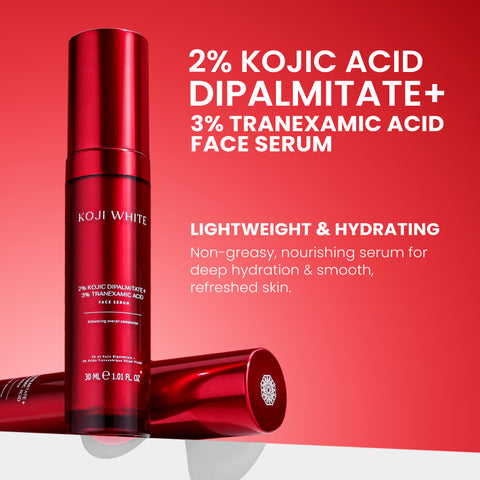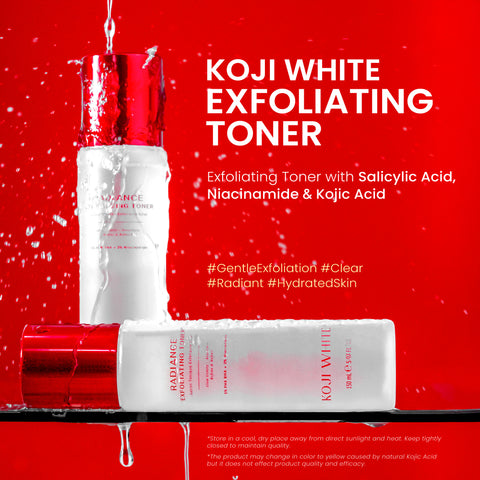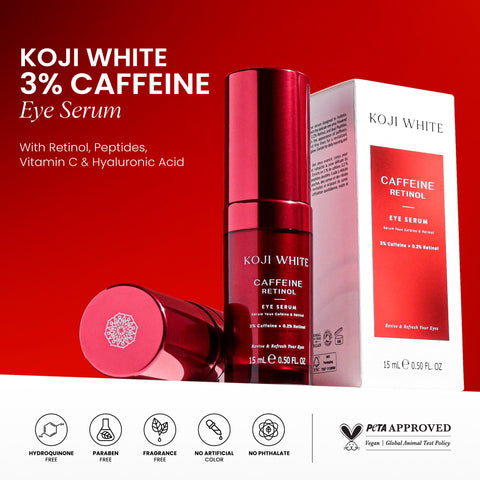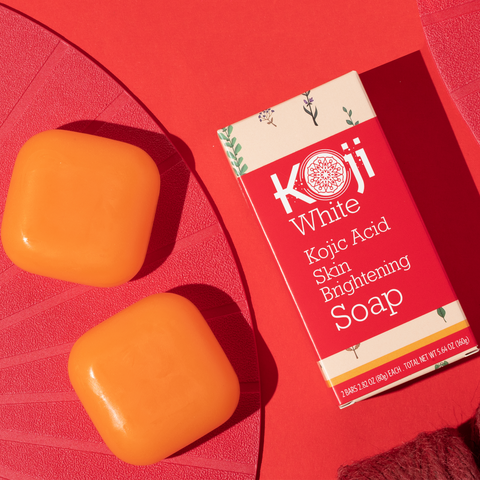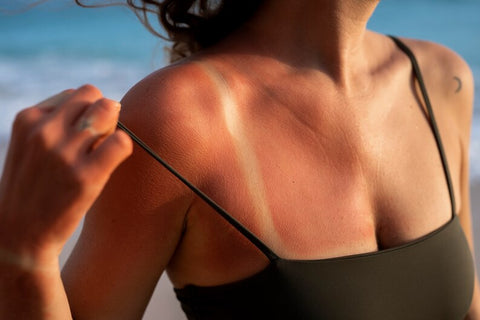In the ever-evolving world of skincare, it’s tough to navigate through the sea of information at our fingertips. What products should you use? Which ingredients are safe for your skin type? And, most importantly, how do you separate the myths from the facts?
The quest for clarity can be extra challenging for those with darker skin tones. Cultural beliefs, well-meaning advice from friends and family, and an abundance of skincare tips can make it difficult to discern what will truly benefit your skin.
Below we’ll be demystifying the realm of black skincare to arm you with the knowledge you need to achieve your most beautiful skin ever. Join us as we uncover the skincare myths and facts every black person should know!

Myth: Black skin doesn’t need sunscreen
Fact: Every skin type should use sunscreenAlthough black skin isn’t prone to burning like white skin, that doesn’t mean the sun’s UV rays can’t harm it. Despite having increased levels of melanin that offer some protection against the sun, black skin is still susceptible to hyperpigmentation, flaking, burning, and even skin cancer. That means that SPF is still a vital skincare product for black people.
Myth: Black skin doesn’t need anti-aging products
Fact: Anti-aging products can prolong the youthful appearance of black skinBlack skin tends to age slower than white skin, but that doesn’t mean it will retain its youth forever. The structure of black skin has been proven to have more melanin, collagen, and elastic fibers than the structure of fair skin. This gives it prolonged firmness, delaying the appearance of wrinkles, fine lines, and other signs of aging.
However, just like suncare, anti-aging products will still be beneficial to black skin. Black people may be able to start an anti-aging skincare routine a bit later in life, but those who want to slow or reverse signs of aging should still look for products with age-defying ingredients like collagen and hyaluronic acid.
Myth: Dark spots and hyperpigmentation are permanent.
Fact: Hyperpigmentation, including dark spots and uneven skin tone, can be effectively treated.Ingredients like vitamin C, retinoids, and glycolic acid can help fade dark spots over time. Consistency in your skincare routine and sun protection are key to achieving visible improvements.

Myth: Oils are the best moisturizers for black skin
Fact: Black skin also benefits from water-based hydrationMany black people may rely on oil-based products such as shea butter, cocoa butter, or coconut oil to keep their skin feeling soft while reducing an ashy appearance. While these products are great to have in your beauty toolkit, they’re not necessarily the most effective moisturizers.
Oil-based products don’t provide full skin nourishment. They simply create a seal on top of your skin, like a nail polish top coat. To truly moisturize your skin, look for water-based moisturizers that will deeply hydrate all your skin’s layers. Look for products that contain water or aqua high up in the ingredient list, as well as humectants such as hyaluronic acid, glycerin, and honey.
Myth: Acids should be avoided if you have black skin
Fact: Certain acids will greatly benefit black skin
You may have heard that black people shouldn’t use certain acids, like glycolic acid or salicylic acid, because they can lead to irritation. While there is an element of truth to these myths, it mostly comes down to inaccurate dosages that leads to irritation and higher risk of hyperpigmentation.
Black people can absolutely incorporate acids into their skincare routine. In fact, some acids will only make their skin look more beautiful! Kojic acid is an excellent example of an acid that will help black people achieve a brighter, more even skin tone while combating skin issues such as hyperpigmentation, dullness, and signs of aging.
It’s always important to do your research rather than relying on myths and word-of mouth when it comes to skincare. If you have extra concerns, never hesitate to reach out to a dermatologist that can clarify any misconceptions regarding black skincare.


